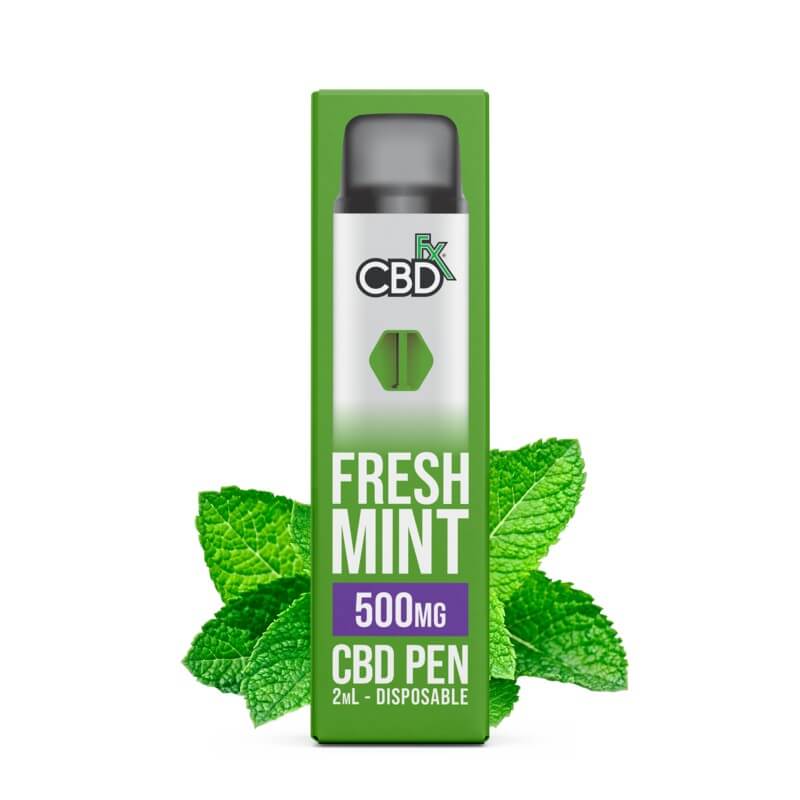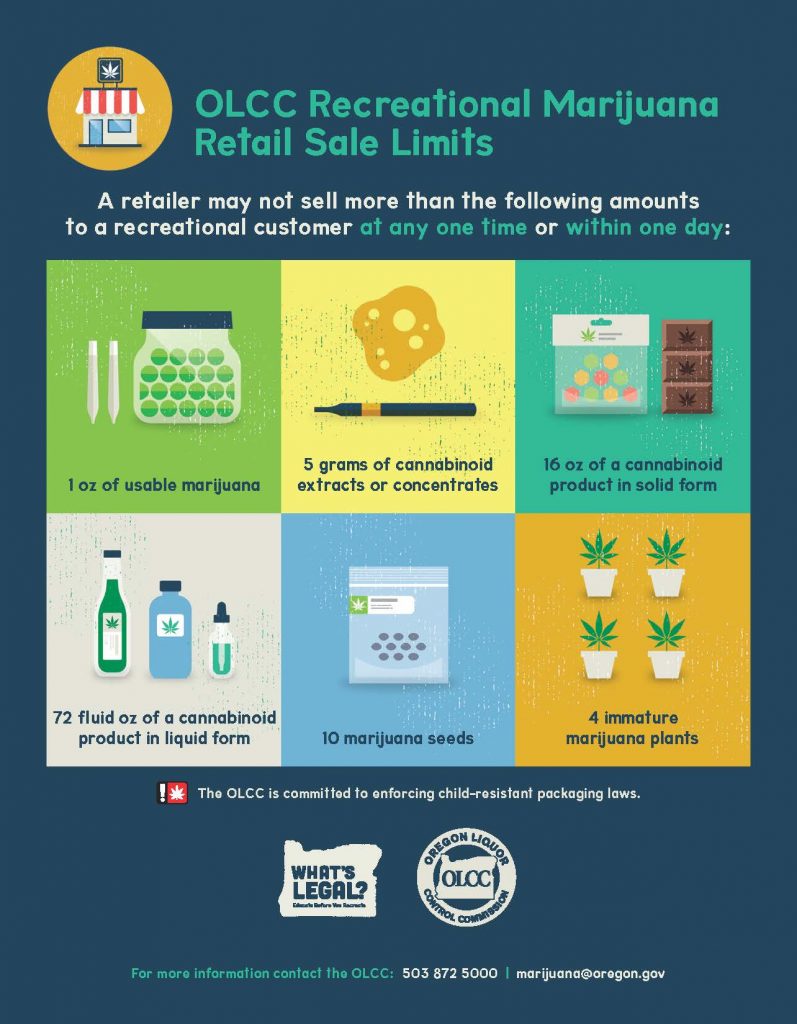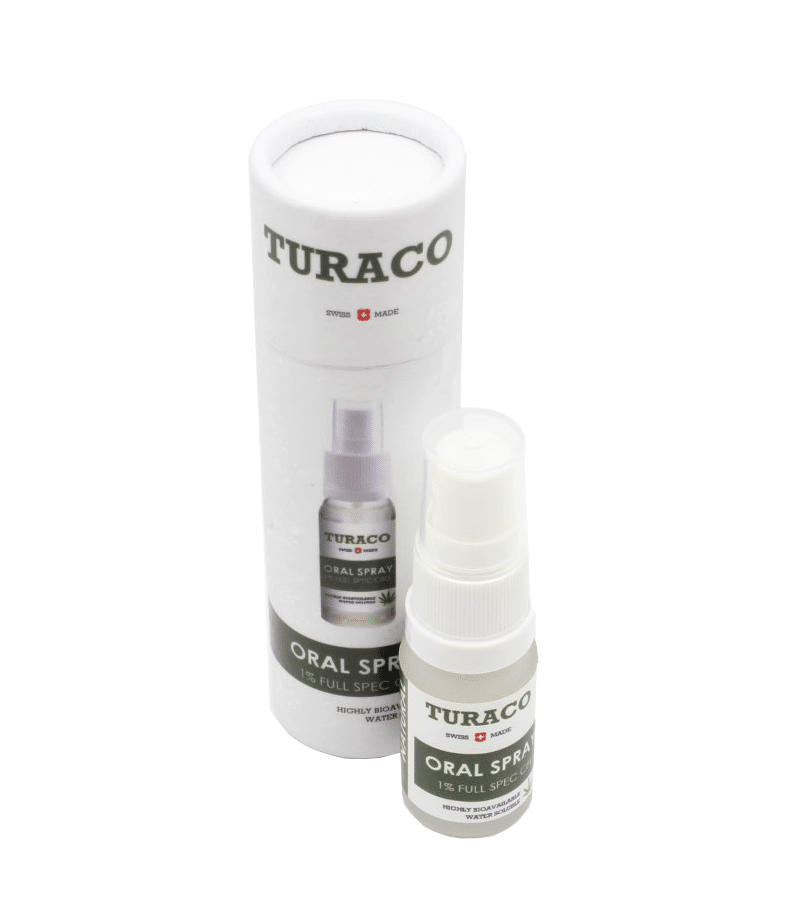
What was the impact of the 2018 farm bill on the legal status cbd?
Hemp has been a key topic in the debate as the Senate and the House work towards a final version. The Controlled Substances Act was repealed and the crop can now be grown and used commercially. Its classification allows it to be covered for crop insurance. This is a significant concern for farmers given the legality of hemp cultivation and the potential impact on their crop premiums.
The 2018 Farm Bill exempts hemp from the CSA definition of marijuana. This means that hemp farmers and hemp businesses can pursue their business with more aggression, without fear that federal authorities might take action. It preserves FDA authority to enforce laws governing hemp products including dietary supplements and drugs as well as cosmetics.
2017 Hemp legislation
Hemp was included in the 2014 farm bill but was not included in final bill until 2018. Senator Mitch McConnell from Kentucky first introduced hemp provisions into the original farm bill. He was a member the Senate-House conference panel that negotiated final legislation.

The 2018 farm bill made hemp legal under state law. It was removed from the CSA definition of marijuana, making it eligible to receive crop insurance. The bill also allows states license hemp programs. However, it does not create a system where farmers can grow it freely like they would with kale or tomatoes.
Hemp is an excellent candidate for agricultural production. Hemp can grow in many different climates. Hemp can be used as a versatile product, which can be used for everything including clothing, paper, and food.
CBD, a compound made from cannabis, has been popularized as a health product. It is a nonpsychoactive, non-psychoactive ingredient that has been proven to ease and prevent many conditions such as anxiety or pain. It is being used as a supplement or as a medical treatment for conditions like insomnia and depression.
CBD is now legal in many states. It remains illegal at all levels of federal law. The Drug Enforcement Agency also changed its classification from Schedule I, which is the most serious, to Schedule V. Schedule V includes prescription cough medicine and painkillers.

The DEA's reclassification of CBD from Schedule I to Schedule V was an important step for the hemp industry and a major win for CBD producers. This change will allow CBD product producers to receive FDA approval. This will make it more likely that CBD products are safe for consumers.
Hemp and hemp-derived products are currently facing new challenges. These include determining if CBD-based products can be legalized in certain states.
FAQ
How much CBD do you need?
The type of product you are buying will determine how much dosing is required.
The majority of CBD oils are available in strengths between 100mg and 1,000mg per bottle.
Some CBD products come in specific doses such as 25mg 50mg and 75mg.
Charlotte's Web, for instance, produces CBD products that are high in CBD and other cannabinoids.
If you're unsure about CBD's effectiveness for you, you can try a lower dose.
You can always move up later.
Does CBD have a future?
Yes. However, it is not because of its medical benefits. Its ability to make people feel better without feeling high is what makes it so attractive.
The fact that it doesn't make you feel any different when you use it makes it perfect for those who are looking for an alternative to prescription drugs.
And as we know from studies, there is a lot of evidence showing that cannabis helps with pain relief, anxiety, depression, insomnia, and many other conditions.
Cannabinoids found in cannabis also interact with the receptors in our brains. This interaction leads to feelings of relaxation.
So if you're interested in using cannabidiol (CBD) oil for health reasons, then it's important to understand what exactly it does and how it affects us.
Is CBD a good place to invest?
The market for hemp-based products continues to grow as people become increasingly aware of their benefits. It's estimated that by 2022 there could be $1 billion worth of hemp-based products on store shelves.
The market is expected to continue growing at over 20% per year until 2020 when it reaches $2.5billion.
Hemp oil is already used to make many beauty and healthcare products, such as lotions.
There are also several companies producing CBD-infused beverages, snacks, pet foods, dog treats, and other food items.
CBD is currently legal in all 50 US states. This may change quickly. Businesses will find it easier to legally operate legally as more research is done on CBD's potential uses.
These are all factors that make CBD investments a viable venture.
What is the future in CBD?
The future looks bright for CBD. It is easy to see why this sector is so popular. With CBD products making up over $1Billion worldwide, it's easy for people to see why this market has grown exponentially.
In fact, according to Statista, global sales for cannabidiol (CBD) were expected to reach $22.4 billion in 2019. This is an almost 200% increase from 2018!
A compound annual growth rate (CAGR) of 22.5% is predicted for the CBD market, which will translate into nearly $6.8 Billion in revenue by 2022.
This is great news for companies looking to enter this space as well as those already operating in the sector. However, we must be aware that the CBD market is still very much in its infancy and will face some challenges along the way.
What are some of the best CBD brands to buy?
We've handpicked these top five CBD brands based on quality, reliability, and value.
They provide high-quality CBD oils that have less than 0.2% THC.
Also, we recommend that you check out our list with the top CBD sellers around the world.
Which countries produce the highest quality CBD products?
The United States is home to the greatest number of CBD products.
But Canada, Australia, New Zealand, and Israel are also producing high-quality CBD products.
Where can I buy CBD products?
CBD can also be purchased at your local store or online. Online retailers are more likely to offer you better deals. Many websites offer CBD products that are made from industrial hemp. This product contains less than 0.3% THC.
Look for local businesses that sell CBD products.
A lot of states have passed laws that allow consumers to purchase CBD products without the need for a prescription. CBD products might be available for purchase at your local pharmacies if you're a resident in one of these states.
CBD products may be delivered right to your doorstep.
Statistics
- As a substance that was federally illegal before the passage of the 2018 Farm Bill, hemp-derived cannabinoids with no more than 0.3% THC still face a regulatory grey area. (forbes.com)
- A recent study [161] also found that in vitro CBD treatment (i.e., ≤ 2 h exposure to 10 μM) induced ~40% vasorelaxation in isolated (pre-constricted) (ncbi.nlm.nih.gov)
- HR −16 mmHg; 95% CI −26, −6; I2 = 92%) (ncbi.nlm.nih.gov)
- OralWhere HED is the human equivalent dose, and Km is a correction factor estimated by dividing the average body mass (BM) of the species (60, 0.020, and 0.150 kg for 11 humans, mice, and rats, respectively) and by its surface area (see: Nair et al. (ncbi.nlm.nih.gov)
- however, one study also found that these effects were virtually abolished when the original media (a nutrient broth agar) was replaced with one containing 5% blood (increasing the minimum concentration to ~160 μM CBD) [179]. (ncbi.nlm.nih.gov)
External Links
How To
How To Get Certified For Selling CBD Products
CBD (cannabidiol), a cannabinoid found in cannabis plants, is just one of the many. It has been used medicinally in many countries throughout history, including traditional Chinese medicine and India. The ability to treat conditions such anxiety, pains, epilepsy, and inflammation has made CBD products extremely popular in recent times. But if you want to start selling CBD products, there's no official certification program available yet -- at least not in the U.S. That means anyone who wants to make money off their own line of CBD products has to rely on the "unofficial" process of self-certification.
There are two methods to do this. The first way is to join an association of local cannabusiness owners. This allows you to network with other owners and get advice and support. There are many organizations in the United States. You can also go online and start your own business. The majority of states allow cannabusinesses to be online. If this is the case, then you can establish your own website immediately and start accepting orders. However, you must still register with your state's Department of Public Health. Once you have registered, it will be possible to apply for your license through the state's department public health. Once you have received your license you are officially authorized to open your store, accept orders, and close it.